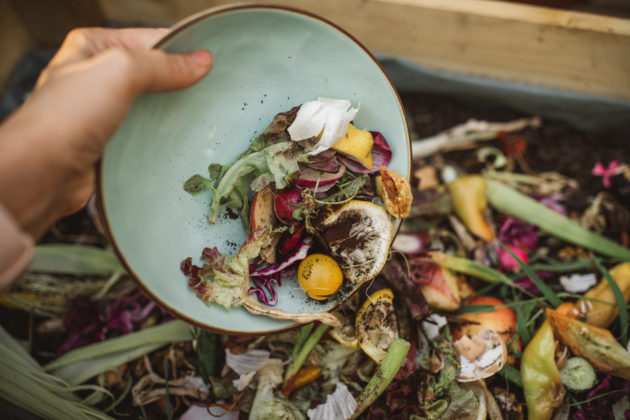January 2020 marked the beginning of the first reported cases of COVID-19 in the United States, followed by sweeping government-enforced shut-downs, fourteen-day quarantine mandates, mask protocols and six-feet-apart social distancing measures. With these precautions ensued panic buying and stockpiling, resulting in supply chain instability – making it increasingly difficult for consumers and businesses to obtain essential items.
The COVID-19 pandemic draws striking similarities to the ongoing sustainability crisis, with the capacity to similarly undermine the planet and the economy’s ability to survive. Coming out on the other side of this pandemic as a proponent for diversity, equity and sustainability, will be essential in demonstrating stakeholder allyship and maintaining demand. Sustainable efforts will speak for themselves in terms of risk management, corporate reputation and social responsibility.
Efforts in sustainability take shape within the organization of Unidine in many ways. These include recycling protocols, sourcing locally, best-food management practices, reducing unused by-products, repurposing food scraps, composting, fresh food procurement and using biodegradable products.
Ellen Lowry, senior director of nutrition, sustainability and wellness at Unidine, asserts, “Whole, minimally processed foods are typically slow to metabolize, preventing sharp increases in blood sugar while increasing satiety to aid in achieving and maintaining healthy body weight. At Unidine, we have a program called The Fresh Food Pledge that promotes sustainability by choosing healthy fresh foods and ingredients vs. processed, prepackaged and precooked ingredients. When working with this foundation, the ingredients are typically higher in micronutrient value and less likely to contain high levels of added sugars, saturated or trans fats and sodium. All of which act to promote overall health and wellness.”
District Manager at Unidine Jill Kuntz explains, “Many of our partners are already composting leftover scraps and sourcing products locally. They are finding ways to repurpose food trimmings into things like salad dressing and getting rid of plastic straws and other disposable items like Styrofoam.”
Climate change poses significant and looming risks for our environment, health and society. Intentional efforts to both prevent and reduce waste will build stakeholder trust, build resiliency for your organization and minimize cost expenditure. The opportunity presented to foodservice organizations like ours to contribute to climate change is both ethically and economically vital. A combination of responsible food management, sustainable supply chain procurement and waste reduction through recycling will act to form a multifaceted front against the sustainability crisis.

